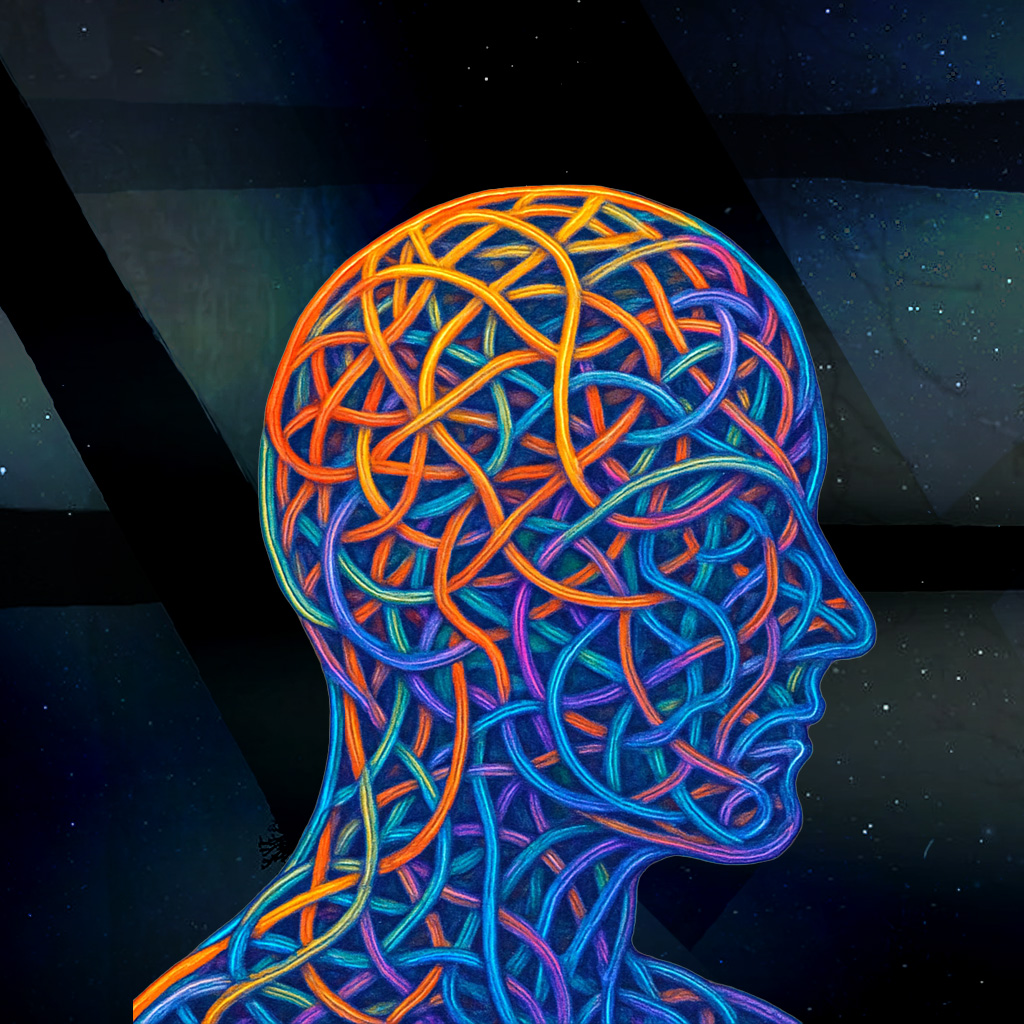
We visited Taiwan for several weeks and witnessed the marked ascendency of Asian economic dynamism grounded on a functional culture and rational economic policies. There is a good balance between free-market capitalism, functional social values and pragmatic public expenditures. The speed of economic growth and social optimism during the last 20 years is in marked contrast to the astounding decline of the American middle class since the absolutist take over of America by its oligarchy and the realistic pessimism and cynicism that has set in particularly on the part of its youth. In the current political and economic insanity the future for the youth of America looks very grim. The seemingly infinite personal greed and absolute control of the oligarchs in America seems unbreakable with both political parties, all popular media, and all sources of power in the hands of less than one percent of the population.
Deleuze and Guitarri were accurate prophets of the forces behind our current demise in their classic work Anti-Oedipus. Written in the early 1980’s they described the history of late modern capitalism wherein money for money’s sake would take the place of money related to labor and production. Money as a virtual symbol of power would no longer be earned by producers and workers, but held in the hands of a capital class that produces nothing but money. Of course this would lead to the demise of the working and middle class and wipe out their power to consume, but such recessions and depressions are good for the money capitalists because it further disempowers the lower 90 percent of economic society, putting ever greater power in the hands of the monied and their bankers. Endless bubbles and crashes allow the monied to increase their hold on power. Deleuze and Guitarri point out that the monied oligarchy argue for the efficency of the free market while maintaining a hypocritical dependency on the state for their money, and their bailouts, and the police to retain their power. Without the obedient state they would have nothing. They produce nothing, know nothing but how to manipulate money.
The current economic flows represent the latest development in a long history of patterns of energy flows. According to Delueze and Guattari, we live in a matrix of desiring machines. One desiring machine connects with another, and the patterns they create produce patterns of directionality and movement for energy represented in thoughts, emotions, neural pathways, quarks and electrons. These patterns territiorialize our conscious space to create meaning within particular contexts of understanding that we take for reality. To create new meanings we must de-territorialize our habitual pathways. The major human endeavors that both territorialize and potentially de-territorialize our planes of experience are art, science and philosophy. These fields create models out of the essential chaos of immediate experience through which our experience has meaning, direction and intentionality. These models territorialize our experience, but chaos lies at the boundaries of our narrative themes. It is clearly a moment in history for us to de-territorialize and enter the chaos, but as we all know, this is very psychologically difficult, even risky. From Kant’s unknowable nuemena and Hegel’s “dark knight” through Nietszche’s Zarathustra and Lacan and Zizek’s contemporary “real,” breaking with the habitual order and territorialization of the current illusion of reality is dangerous, to say the least.
Art, philosophy and science can create new possibilities of directionality for flows of energy through moments of breakthrough. These moments when we experience the “untimely” breaks create new beginnings and ‘monstrous births’. We re-experience the fundamental chaos of existential experience without the delusion of interpretation and are lost in the newness of the present. Woolf and Kafka are writers who de-territorialize, opening up the symbolic space for the untimely.
The Buddha taught a philosophy of de-territorializing and de-constructing. Every thought, emotion and point of view is an illusion. The directionality of our desiring machinery embedded in our sexual drives and fetishized objects of desire enslave us in a limited territory of meaningful experience. There is a profound and timely relationship between our post-modern economic crisis and de-constructed culture, our anti-art, our non-philosophy, our de-materialized “real” science, and the Buddhist emphasis on the awkward reality of impermanence.


